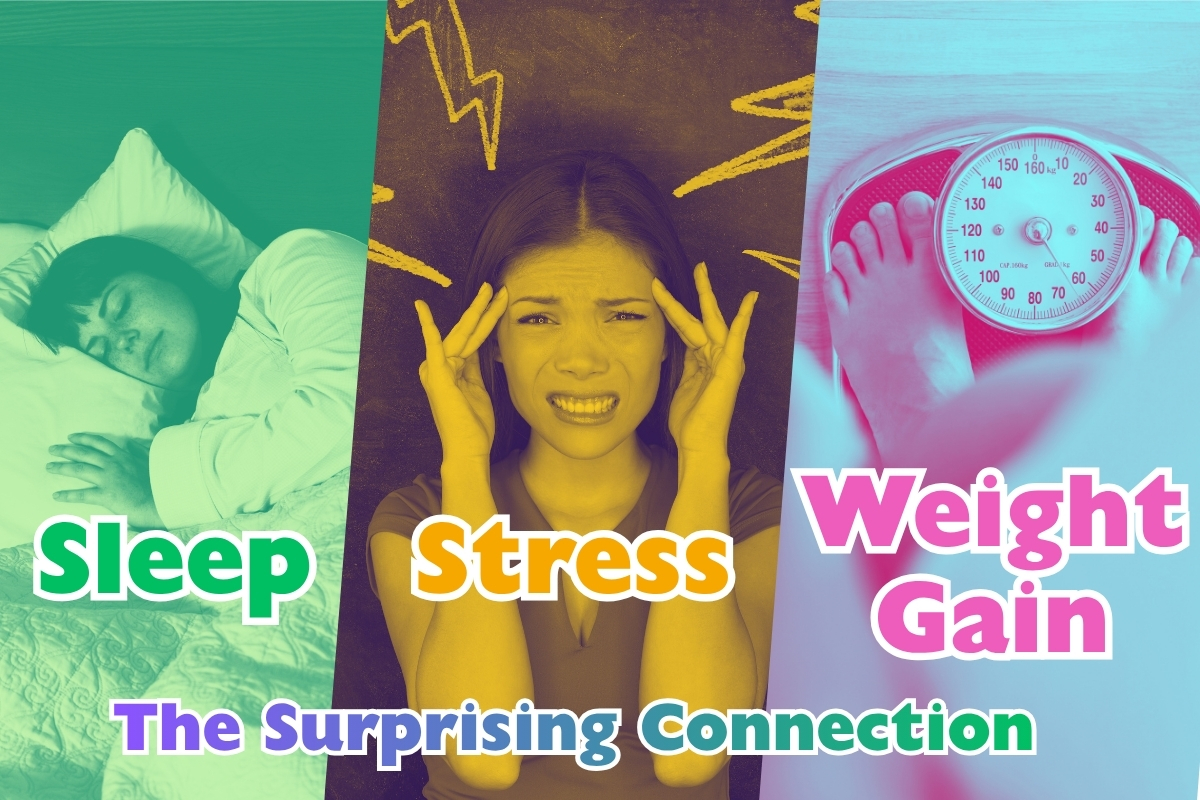
How Hormones and Rest Impact Our Well-being
Finding balance feels harder when life gets stressful, and many of us notice changes in our bodies as we age – especially around midlife. You might wonder why stress or poor sleep make it tougher to feel your best, or why the scale creeps up even when your eating hasn’t changed much. Understanding the science behind stress, sleep, and health helps us make sense of these shifts and find our way back to balance.
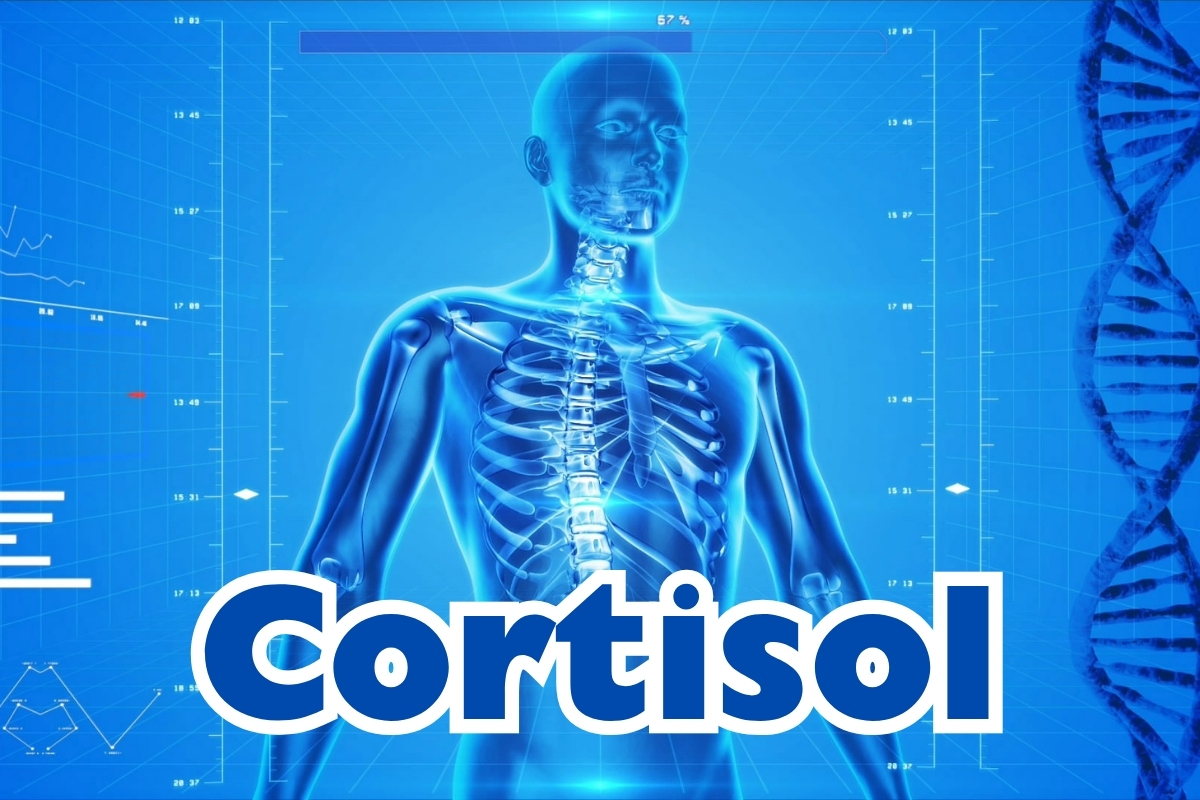
Understand Cortisol’s Role
Cortisol is your body’s main stress hormone, released by the adrenal glands when you’re under pressure. While short bursts help you power through workouts and challenges, chronic stress keeps levels elevated, triggering fat storage (especially around your middle), cravings, and comfort eating. For peri- and post-menopausal women, shifts in estrogen and progesterone amplify these effects, making stress even more disruptive to metabolism and sleep.
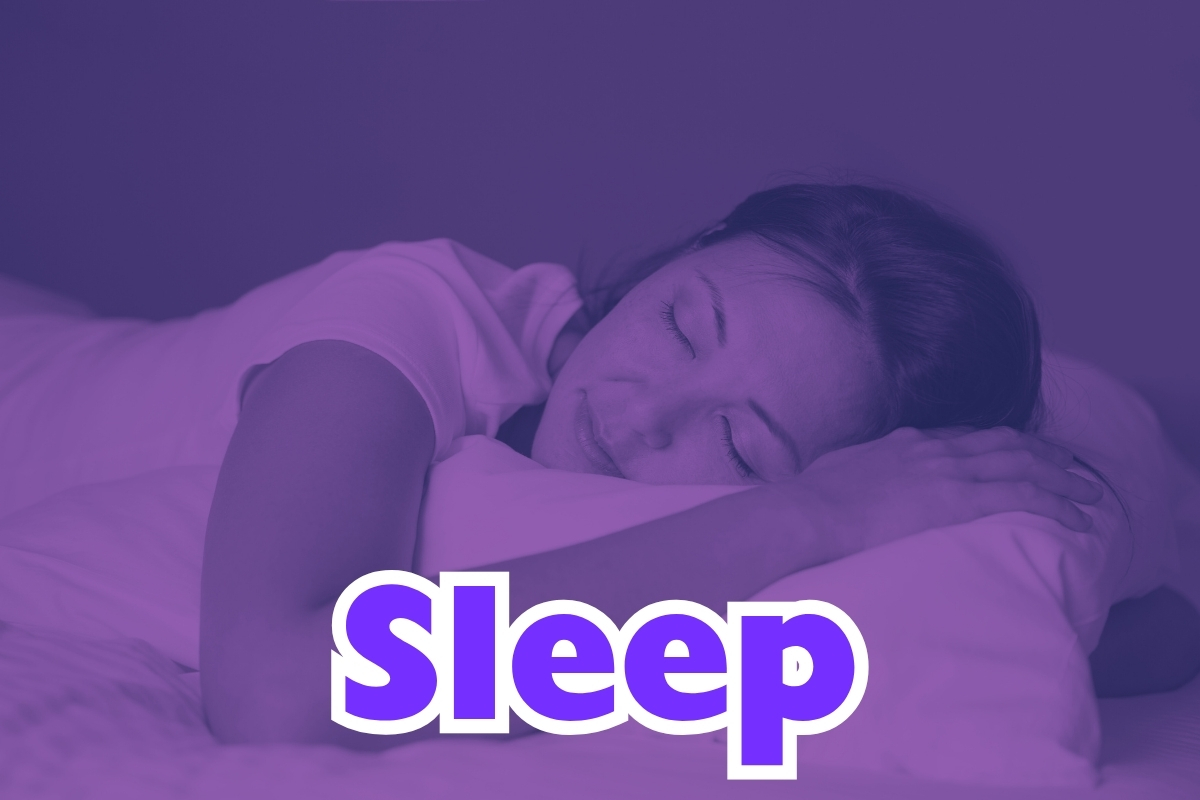
Sleep: Your Unsung Health Ally
Without deep, restful sleep, the hormones that regulate appetite, stress, and energy fall out of balance. Poor sleep raises cortisol and ghrelin (your hunger hormone) while lowering leptin (your fullness hormone), leading to more cravings and less energy. Prioritize a sleep routine that gets you 7-8 hours most nights; it’s critical for balanced hormones, emotional resilience, and physical health.
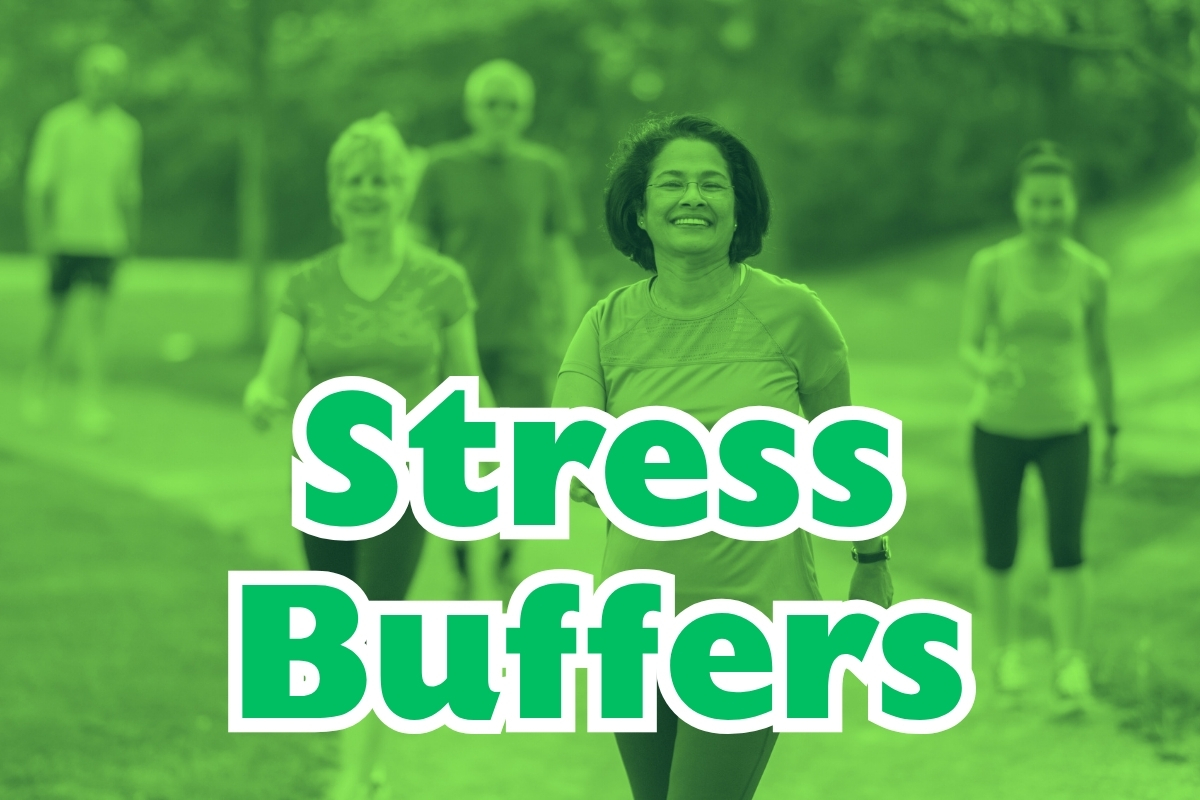
Build Daily Stress Buffers
Physical activity, even gentle forms like walking, Pilates, or Mobility, reduces stress and supports hormone balance. A few moments of deep, diaphragmatic breathing lowers cortisol immediately and regulates your system over time. Movement breaks throughout the day help your body process stress more effectively.

Nourish for Resilience
Focus on regular, balanced meals with plenty of fibre, lean protein, and healthy fat. Minimize caffeine and added sugars, which spike energy but destabilize hormones, mood, and sleep. Eat slowly, putting your fork or spoon down between bites. Staying hydrated and well-nourished keeps energy steady and supports your body’s natural coping mechanisms.
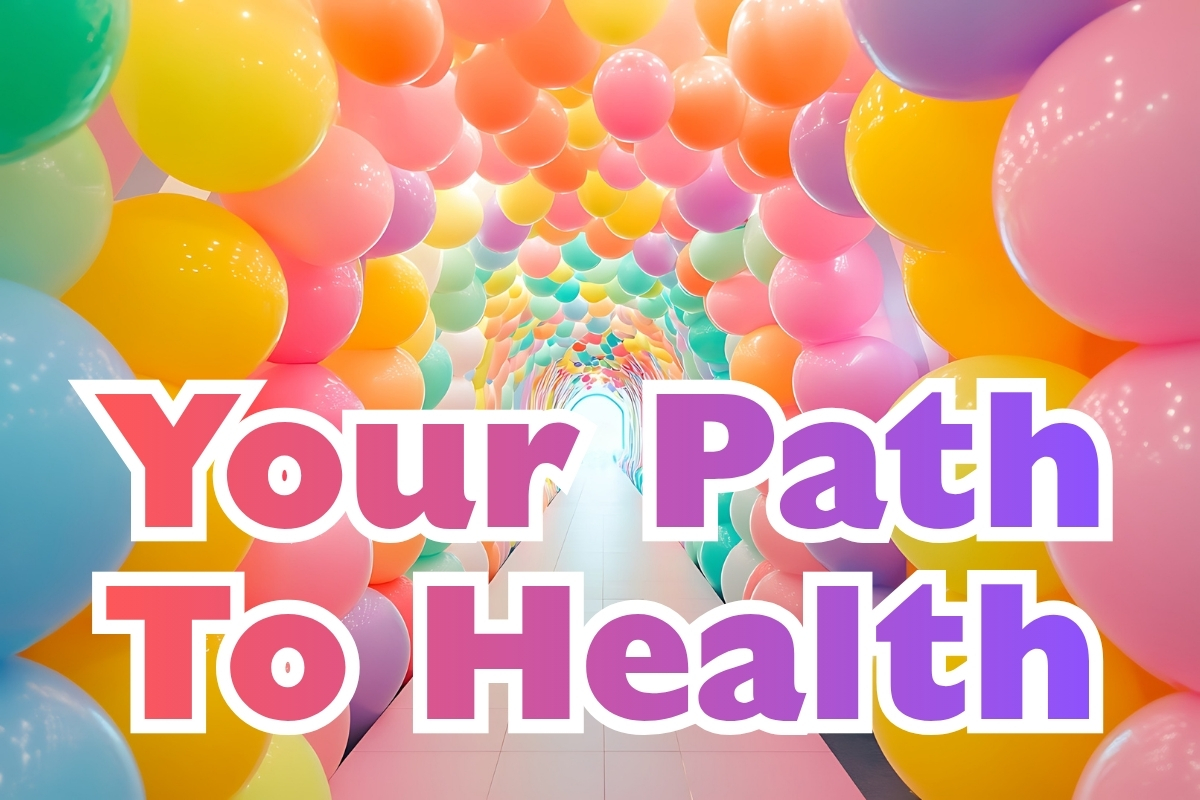
Key Takeaways: Your Path to Health
Hormonal shifts and stress absolutely influence how our bodies change over time, with ripple effects on sleep, energy, and well-being. Managing stress, protecting your sleep, and supporting balanced nutrition are key ways to prioritize health, far beyond the numbers on the scale. Start by choosing one tip from above and build it into your week. These small actions add up to meaningful results.
Want to know more about today’s topic? Do you have a suggestion for future posts? Leave a comment below – I’d love to hear from you!



0 Comments